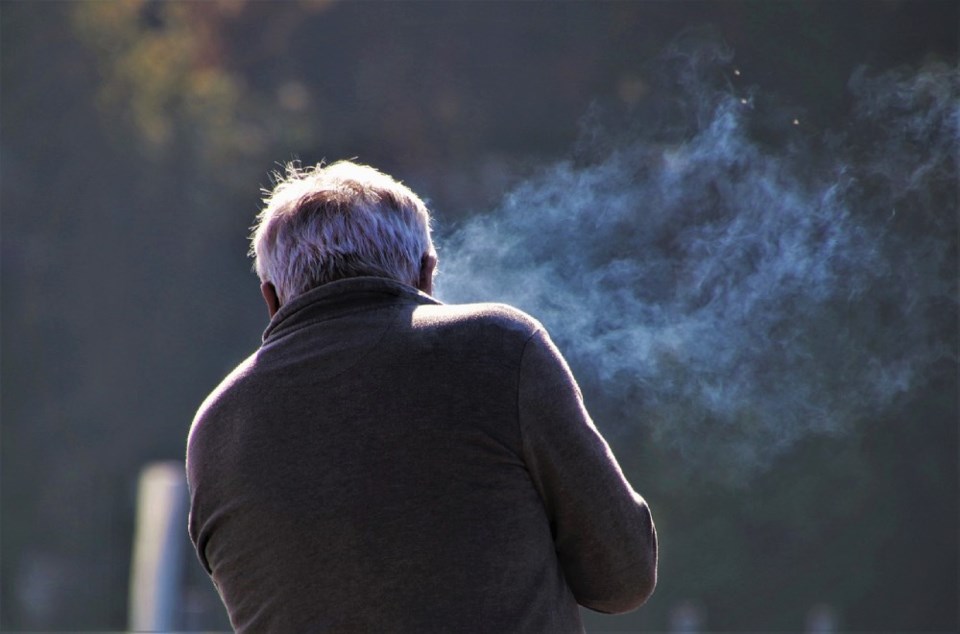A few years ago, a young man named Gordon died of a drug overdose in 91įŁ┤┤. He was my friend’s grandson, just 20, and homeless despite her efforts. His story is heartbreaking. Because of Gordon, I spent much the year studying information on homelessness, mental health and the opioid crisis. My takeaway was that this tangled mess needs simultaneous solutions on all fronts for any solution to be truly effective.
My second takeaway was that these are all elements of the same problem, and that problem is philosophical and spiritual at its heart. How we view our relationship to each other determines social policy and ultimately, law.
Freedom and independence are core ideals on this continent, but our understanding of them isn’t complete until we own how fundamentally interdependent we are. From material goods to psychological well-being, it’s all about relationship.
Seeing the reaction to Canada’s new alcohol guidelines brought home the dissonance between that philosophical/spiritual principle and our social reality. We generally see alcohol in terms of individual well-being and as a well-regulated . We don’t tend to see it in terms of the larger picture of social health.
And yet social health to a large degree determines individual well-being. It also determines how much we spend on mental health, policing, hospitals and social housing, which all take from government coffers.
New understandings have arisen over these past few years. One is that alcohol consumption is inversely related to good health. Any remaining doubts on that score can be dispelled by reading the from the World Health Organization.
“Alcohol is a toxic, psychoactive, and dependence-producing substance and has been classified as a Group 1 carcinogen by the International Agency for Research on Cancer decades ago – this is the highest risk group, which also includes asbestos, radiation and tobacco. Alcohol causes at least seven types of cancer…”
Another concurrent realization is that the war on drugs has been a total failure. Slowly we’re seeing that psychoactive drugs are not a lot different from alcohol, needing to be handled through the health care system rather than the justice system. The question then becomes, “Is the widespread use of legal psychoactive substances socially acceptable?”
When it finally was publicly admitted that smoking was harmful to both individual health and government budgets, the price was gradually increased to discourage use and warnings were put on labels. Roughly half the 91įŁ┤┤ population smoked in 1965, compared to 10% in 2020.
I’d like to propose that individual and social health be again the main criteria for policy on these issues, and that we steer clear of dogmatism. Many of us remember the US media campaign “Your Brain on Drugs”, illustrated by eggs being cracked into a sizzling hot pan. One of the unfortunate results was the banning of research on their legitimate medical benefits, which are now belatedly being explored. Ironically, one of those illegal drugs has now shown great promise in the therapeutic treatment of alcoholism. Dogmatism and effective social policy are antithetical.
The ideal for me is illustrated by the Bahá’í writings that remind us the non-medical use of alcohol and drugs is destructive to mind and body, which instead deserve our greatest respect. Human health mirrors the precision and delicate balance of planetary health, whose complex dynamics we’re just beginning to understand.
Respecting our social well-being through solidarity and by developing new social norms is equally important. If any part of society is ill, vulnerable or uncared for, we are all at risk. It’s all about relationship.
Sheila Flood is the E.D. of the Victoria Multifaith Society and member of the Bahá’í community.
You can read more articles on our interfaith blog, Spiritually Speaking at /blogs/spiritually-speaking
* This article was published in the print edition of the Times 91įŁ┤┤ on Saturday, March 25th 2023



